SUMMARY
This is AI generated summarization, which may have errors. For context, always refer to the full article.
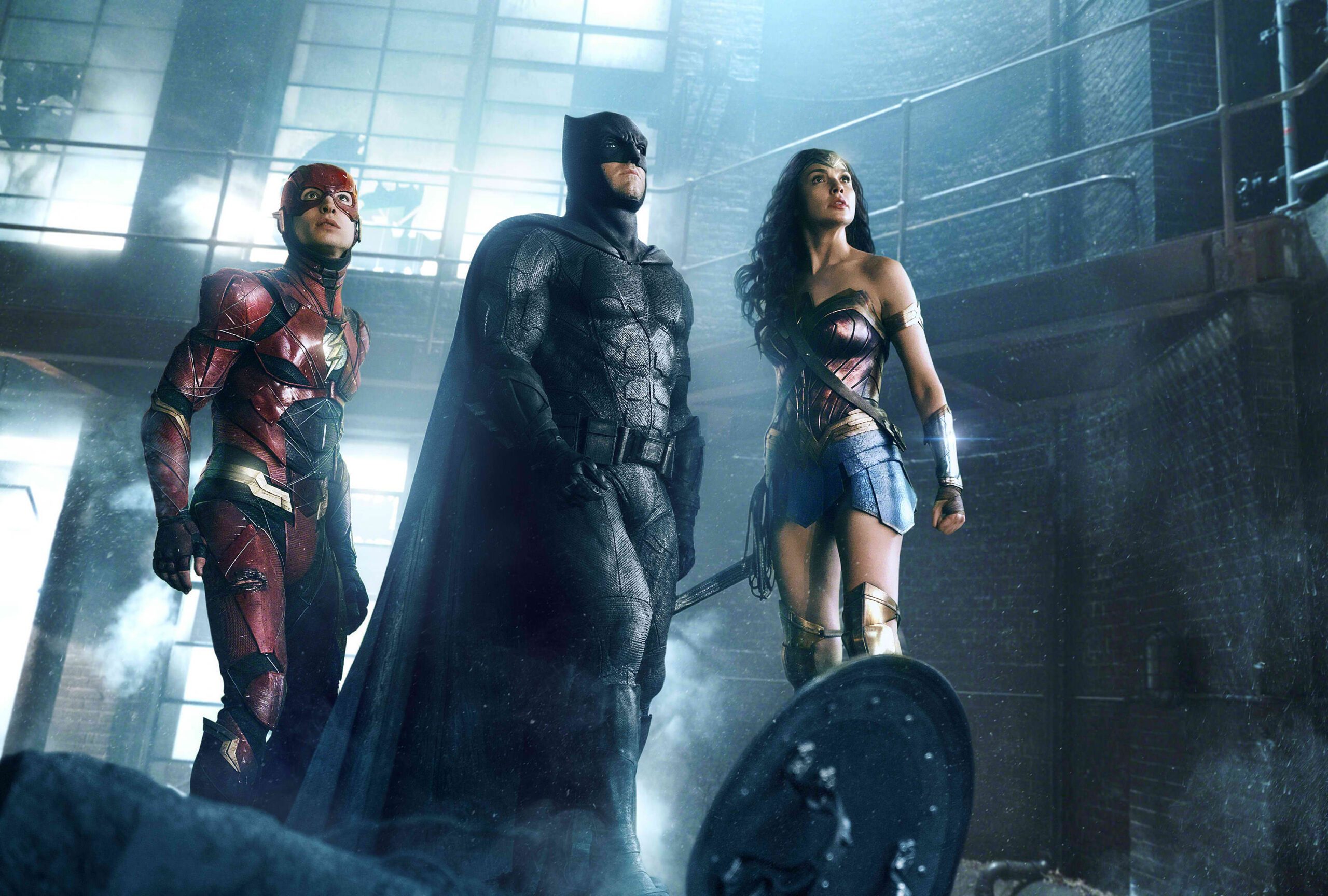
Coming off the heels of Christopher Nolan’s bleak and all-too-current Batman films, Zack Snyder’s attempt to create a cinematic universe out of DC Comics’ superheroes is severely afflicted with a case of glum seriousness.
The dour DC universe
Snyder’s Man of Steel (2013), unlike the Christopher Reeve-led Superman films from the late ’70s and early ’80s, is dour and sullen, swimming in a color palette that made the superhero’s costume’s bright blue and red somewhat depressing. Batman v. Superman: The Dawn of Justice (2016) is even more dismal in both visuals and theme.
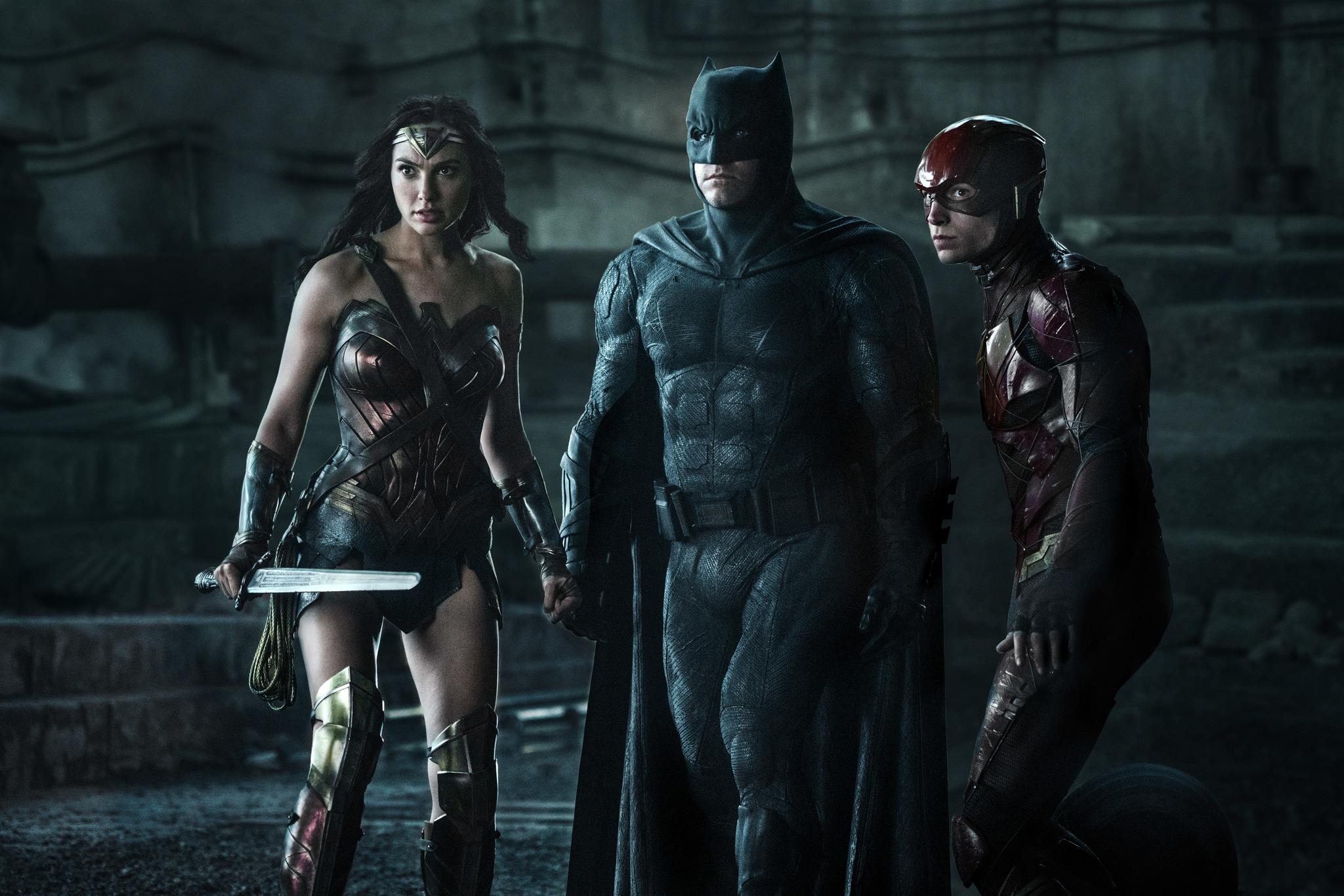
It isn’t as if his films were purposely made to look dreary.
His superhero films just felt like they were burdened to stand for something more than easy entertainment, the way Marvel’s far more successful entries are. For all his films’ gross convolution and misdirection, they were at least intriguing and ambitious failures, superhero films that felt responsible to at least shoulder some of the real world’s very many issues while delivering a less colorful and frenetic version of trite blockbuster spectacle.
Then Patty Jenkins’ Wonder Woman (2017) happened.
Jenkins’ film, which was almost universally loved, showed that DC’s superheroes didn’t always need to subsist on existential brooding. They can wallow in corniness, in love, in broad concepts of heroism instead of being dark allegories of today’s misuse of faith and power. Snyder’s Justice League attempts to redo Wonder Woman’s success by imbibing a more amicable mood and abandoning the daunting currency DC has become known for.
Brisk, tangled, generic
Surprisingly brisk but still bluntly tangled in its aim to bring scattered heroes together, Justice League prioritizes fun and fantasy, resulting in a film that is adequate in terms of entertainment value, but feels generic.
The film opens where Batman v. Superman ended, with Superman (Henry Cavill) dead, and Batman (Ben Affleck) and Wonder Woman (Gal Gadot) looking for other super-powered beings to help battle an alien called Steppenwolf (Ciaran Hinds). The villain is desperately looking for 3 powerful cubes to turn planet Earth into a wasteland peopled by mosquito-like thugs.
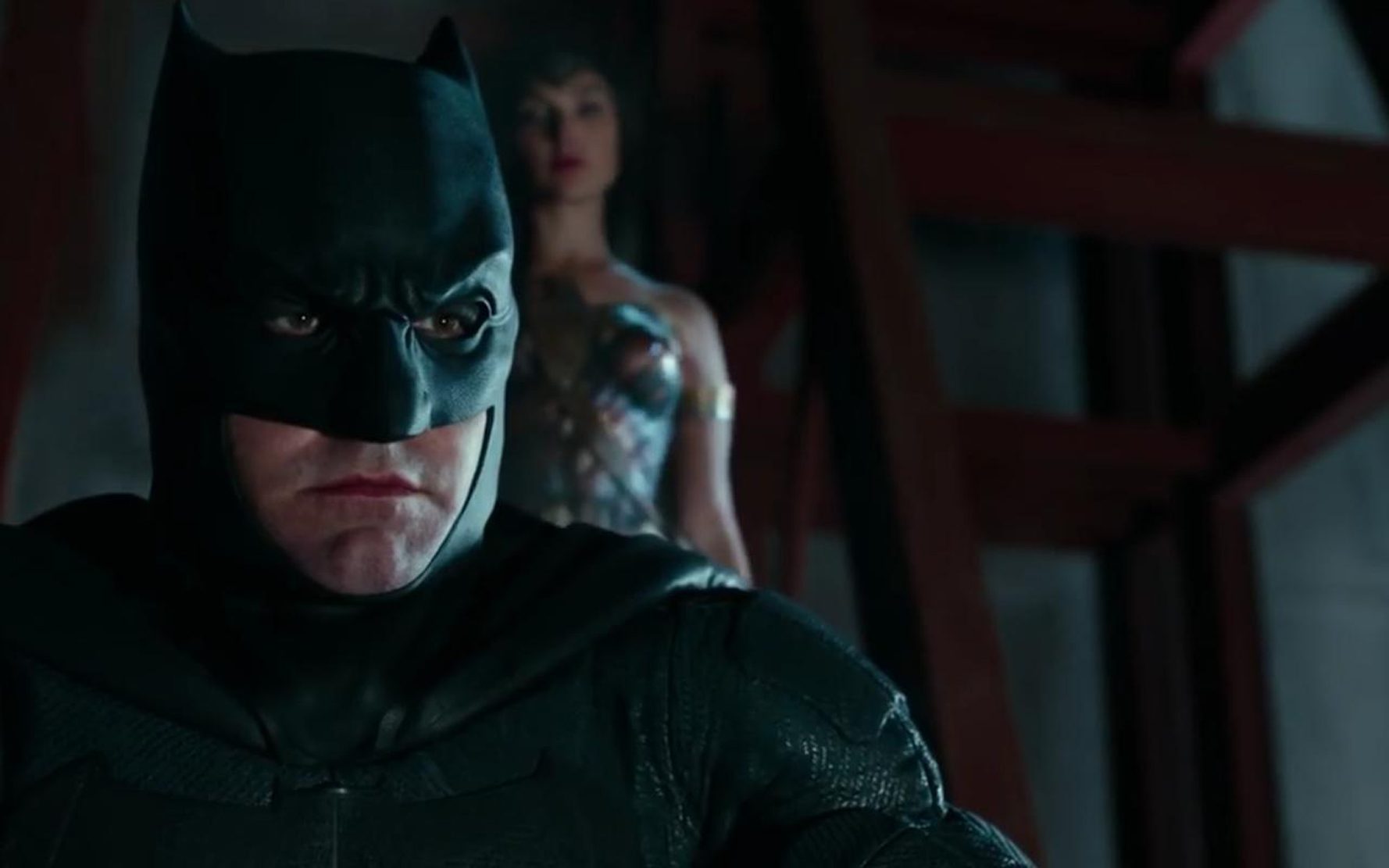
Snyder keeps the plot smooth and simple, introducing each of the new superheroes and their respective issues without much fanfare. The Flash (Ezra Miller) doesn’t know what to do with his life, given that his dad is in prison for a crime he didn’t commit. Aquaman (Jason Momoa) doesn’t want anything to do with the problems of men. Cyborg (Ray Fisher), half-human and half-machine, is struggling with his constantly changing identity.
The scripting is almost too cramped and elementary, which leaves too little room for any real surprises or emotional highlights.
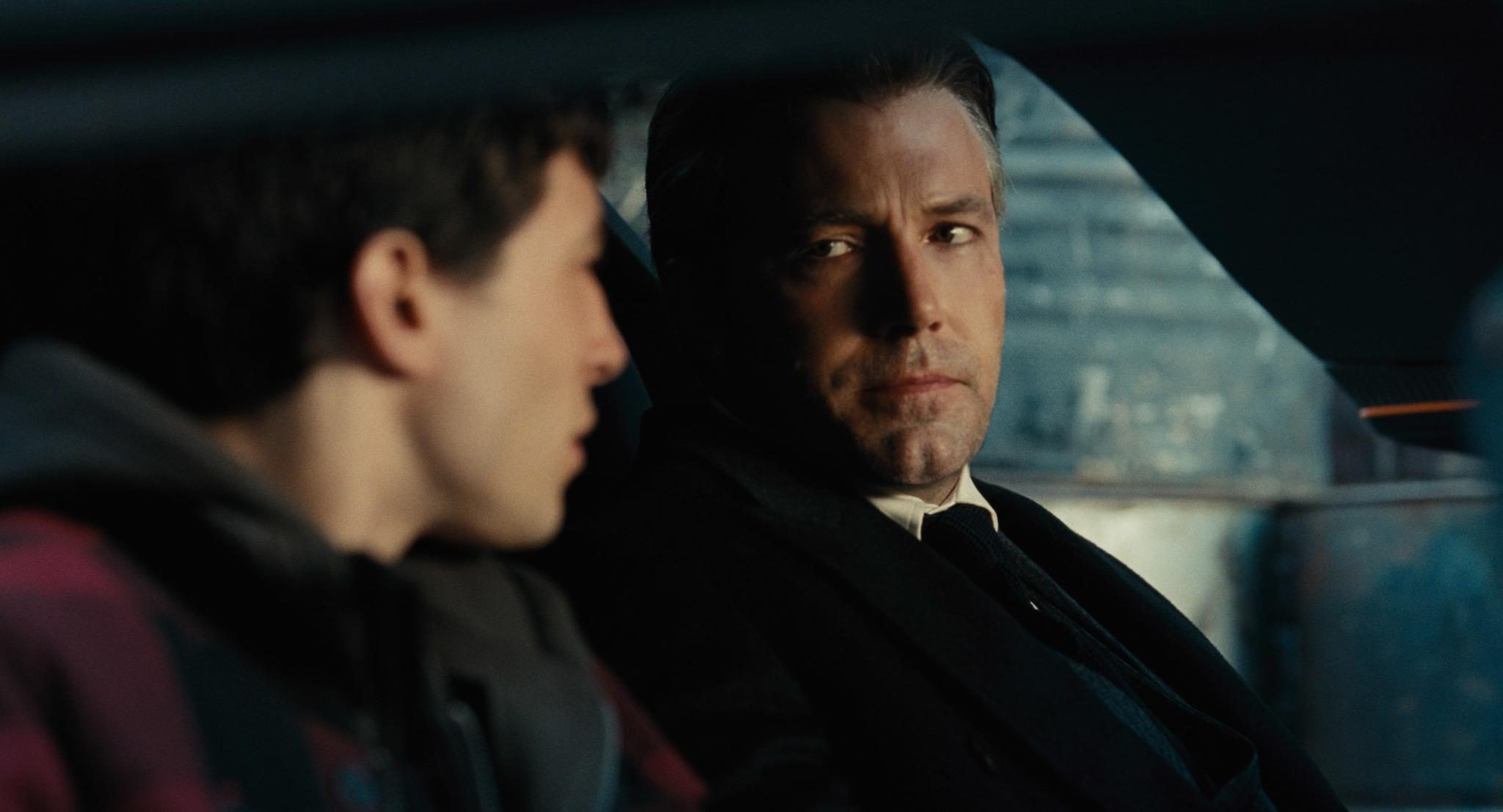
The film climaxes in what feels like a special effects-laden but visually unappealing hodgepodge of unnecessary barbs, soulless action sequences, and emotionally leaden acts of bravery. By then, Snyder is only able to accomplish one thing: to lay down the basic plot points of a formulaic superhero team movie. Everything that Snyder agonizingly set up in Man of Steel and Batman v. Superman, a world where the rise of superheroes resulted in humanity swimming in intolerance and abused faith, has been abandoned for convenient black-and-white heroism.
Clean, fun, forgettable
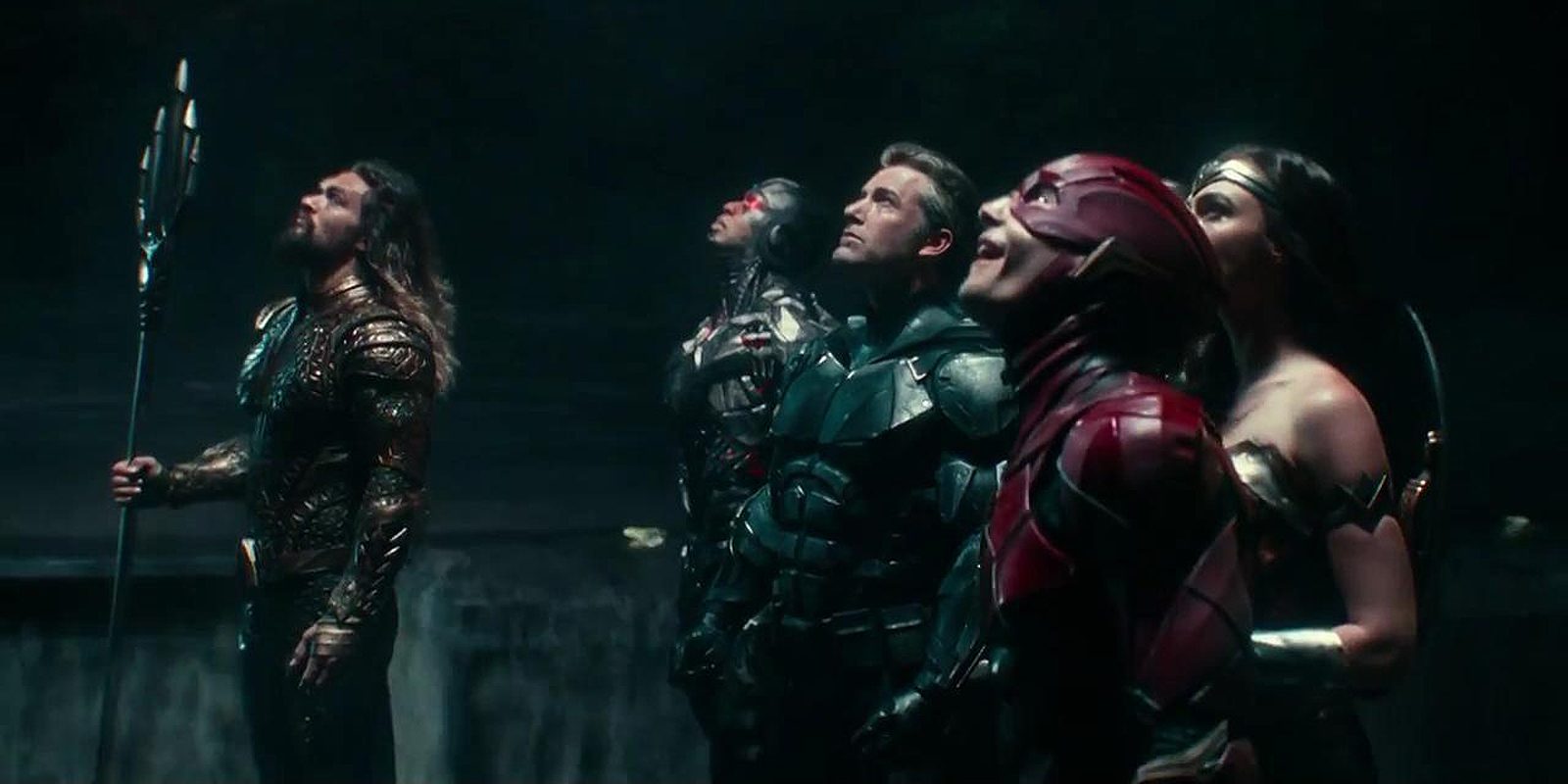
In a way, Justice League sees DC losing its identity, its being an alternative to Marvel’s giddiness, in favor of boring acceptance. Sure, Justice League is clean and fun, but it is also very forgettable. – Rappler.com

Francis Joseph Cruz litigates for a living and writes about cinema for fun. The first Filipino movie he saw in the theaters was Carlo J. Caparas’ ‘Tirad Pass.’ Since then, he’s been on a mission to find better memories with Philippine cinema.
Add a comment
How does this make you feel?
There are no comments yet. Add your comment to start the conversation.